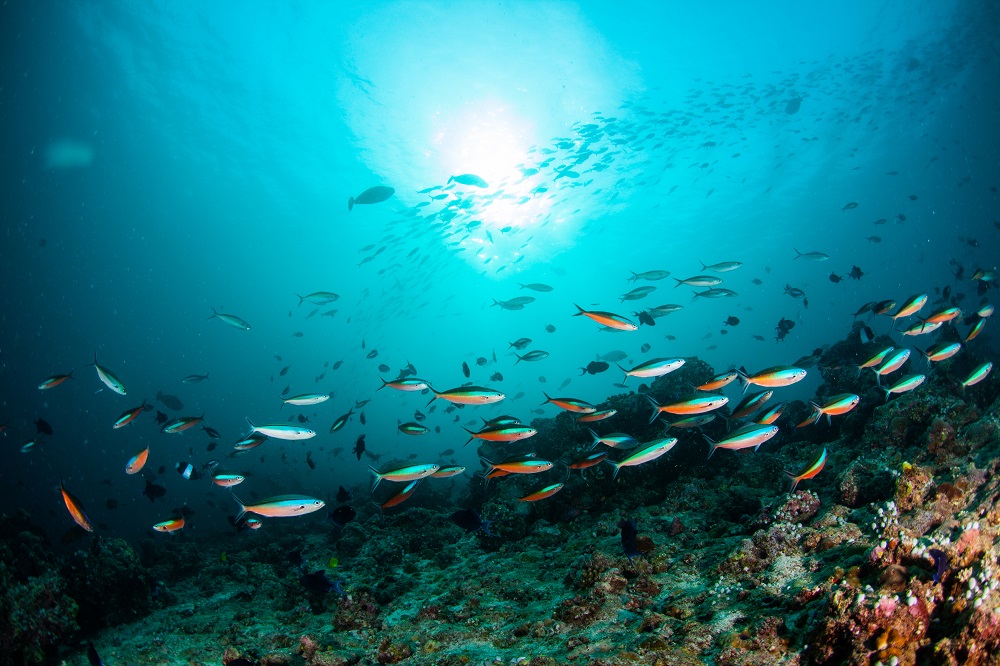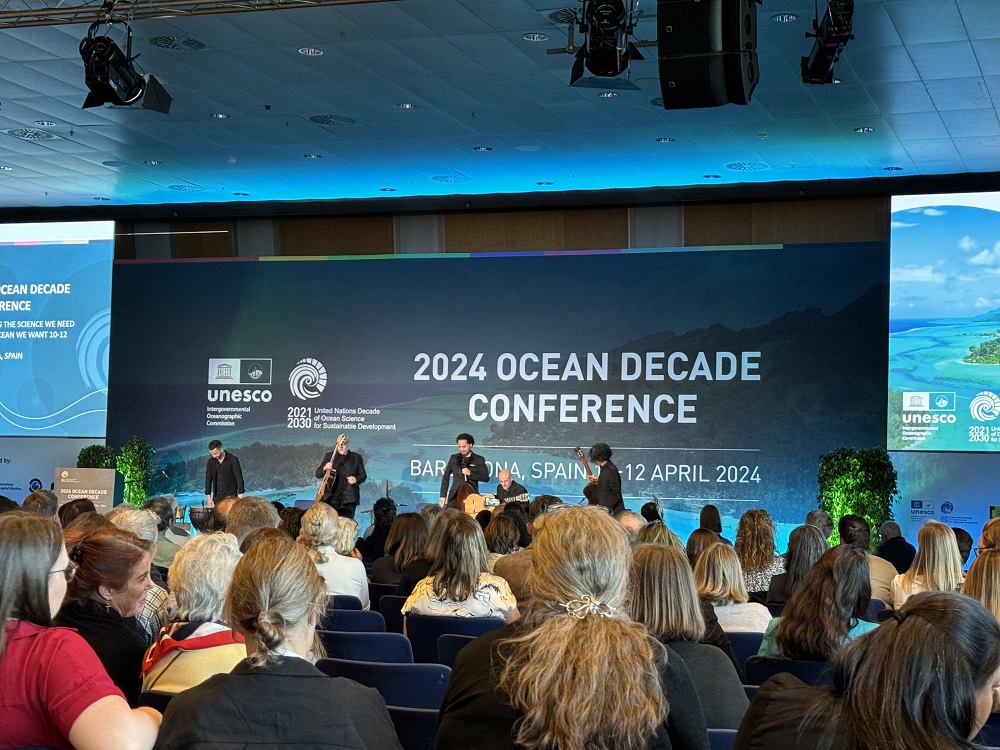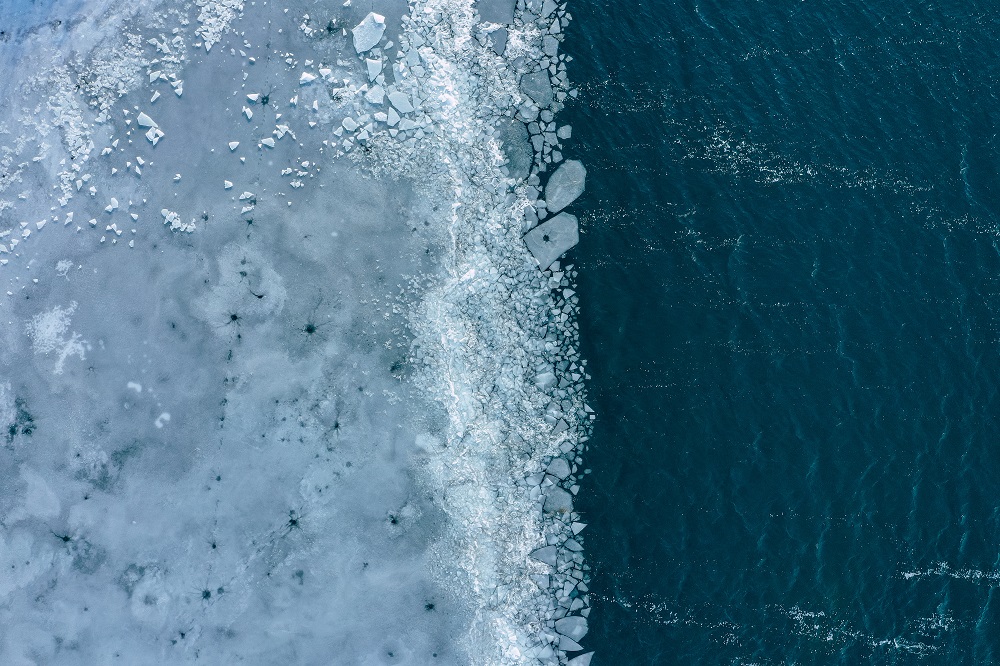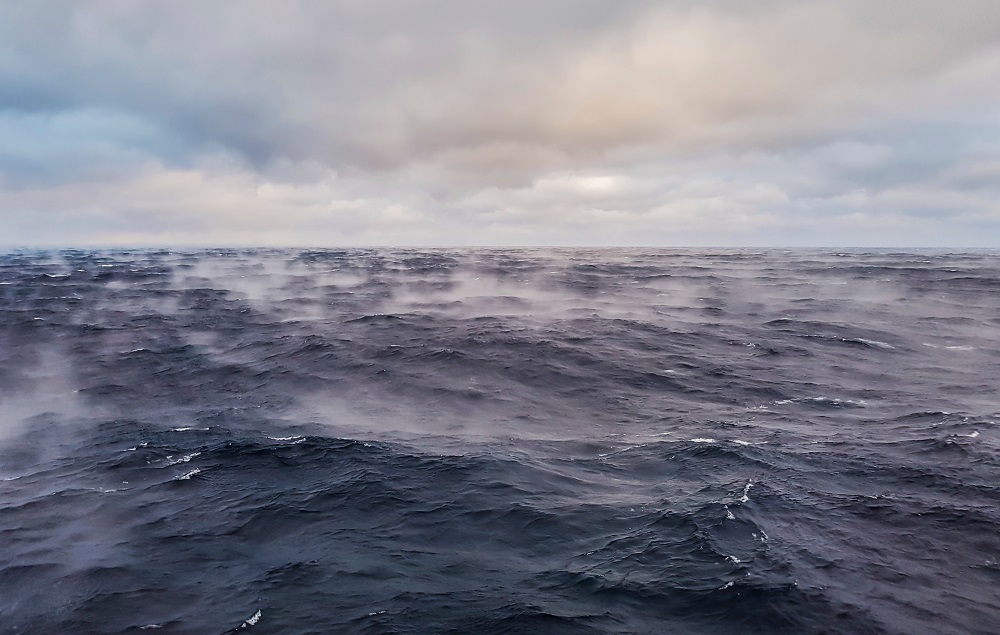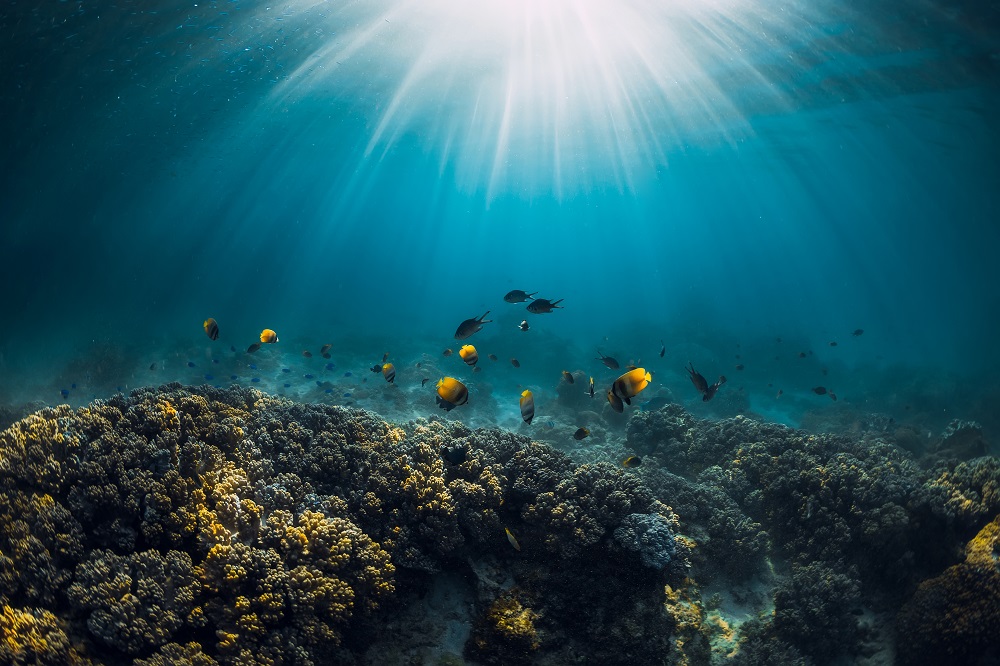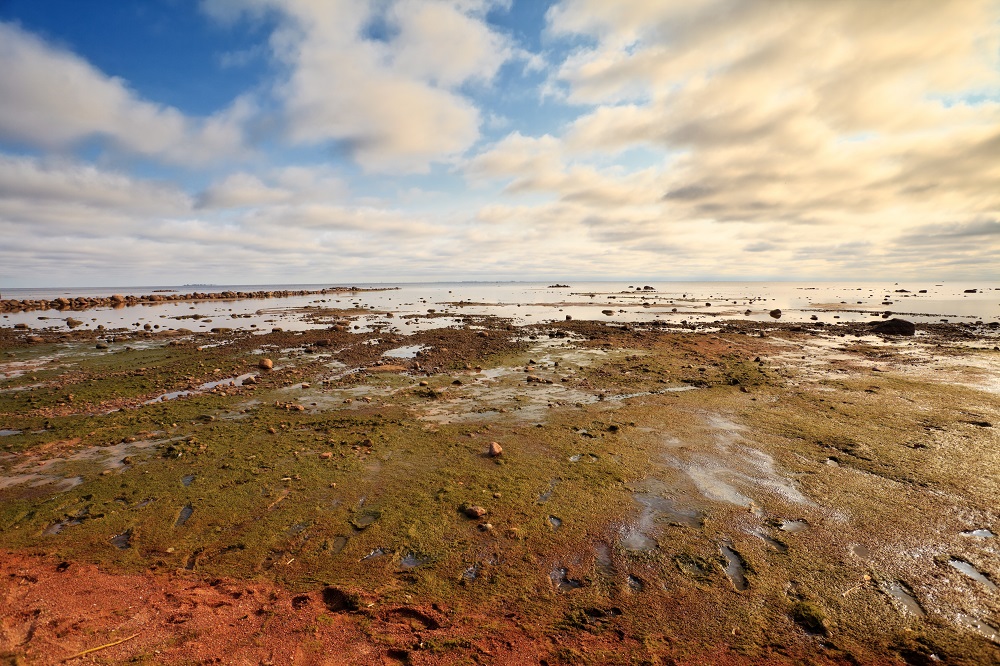Despite the serious effects of ocean pollution, our understanding of its impact remains limited. Pollution, climate change, and nature loss comprise a complex ‘triple planetary crisis,’ yet there has been no cohesive global assessment of ocean pollution and its cumulative effects on ecosystems, economies and human health.
The challenge of addressing ocean pollution is much broader than the well-known plastics problem. Pollution encompasses nutrients like fertilisers and sewage, which create dead zones, and chemicals such as PFAS, the so-called “forever chemicals” that accumulate in sea water. Pharmaceuticals and numerous synthetic chemicals further complicate the issue.
Most ocean pollution stems from land-based activities such as stormwater runoff, poor waste management, and industrial practices. Rivers transport pollution to the sea. Offshore industries, such as shipping and energy, also contribute. The lack of a singular pollution source means there is no straightforward solution.
Back to Blue, an initiative of Economist Impact and The Nippon Foundation, has spent the past three years engaging with stakeholders from science, industry, policy and finance, and the United Nations system to understand their perspectives on ocean pollution and co-design an approach to address it.
A Global Ocean Free from the Harmful Impacts of Pollution: Roadmap for Action, (herein referred to as ‘the roadmap’) published in March 2024, represents the culmination of this process.
The roadmap sets out a strategic framework for a global group of stakeholders to collaboratively build a comprehensive evidence base about the impact and extent of ocean pollution and, in turn, spark action to beat it.
Back to Blue’s unashamedly ambitious aim is to have a transformational impact on awareness and understanding of marine pollution. We have sought to catalyse—and contribute to shaping—a coordinated global response to marine pollution.
This briefing note outlines the roadmap’s key recommendations and its genesis.

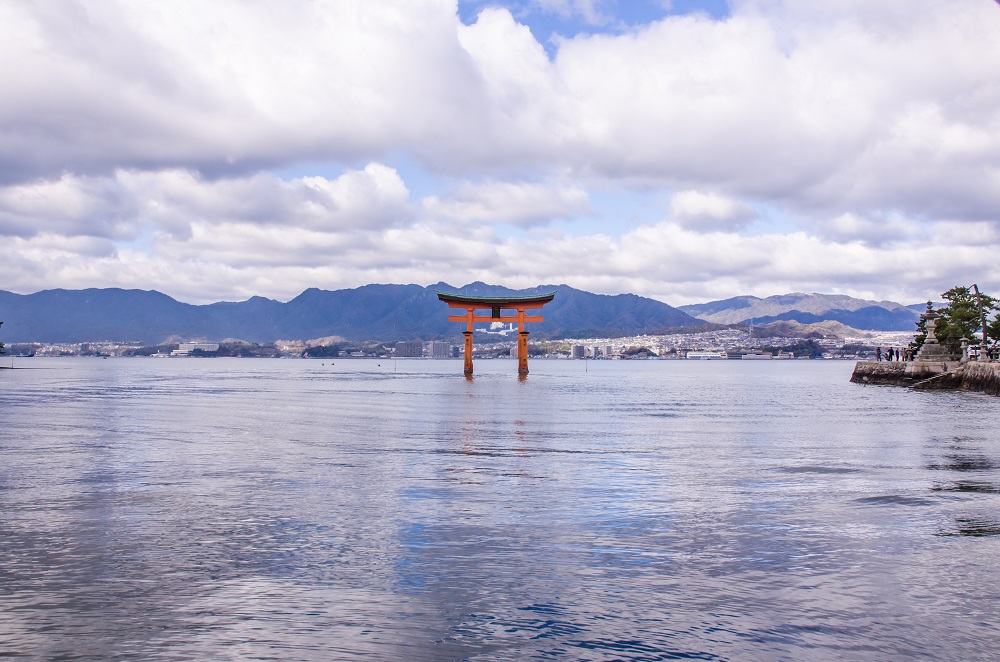

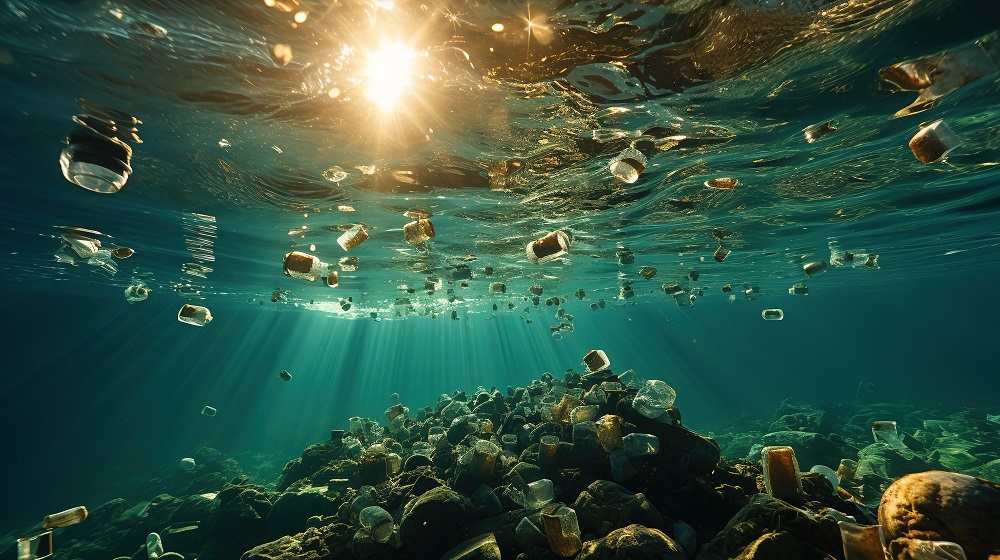

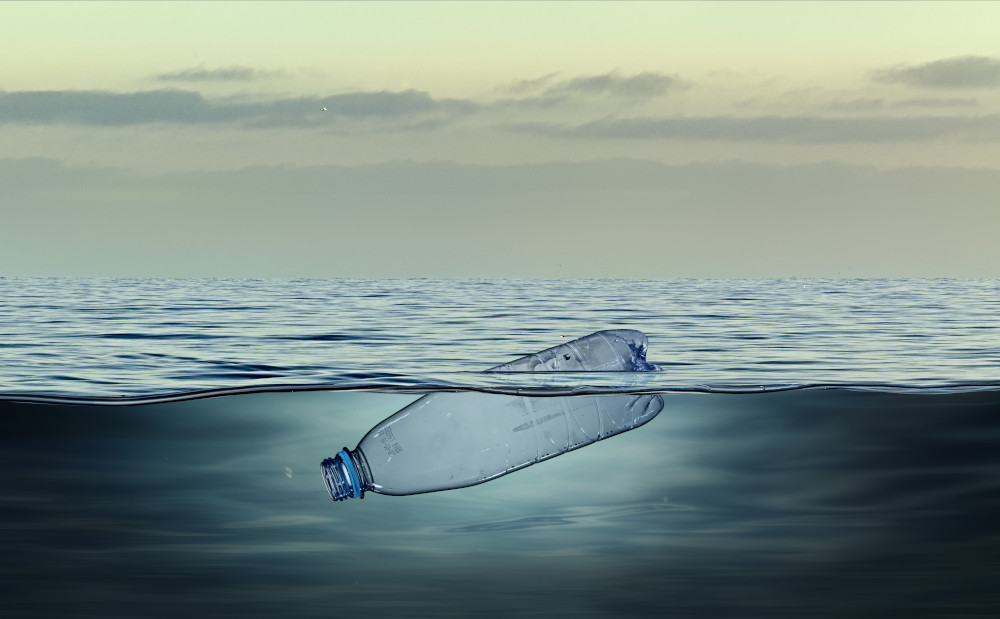




 The scourge of untreated wastewater
The scourge of untreated wastewater Slowing
the chemical tide: safeguarding human and ocean health amid
chemical pollution
Slowing
the chemical tide: safeguarding human and ocean health amid
chemical pollution Hazardous chemicals in plastics - the discussions at INC
Hazardous chemicals in plastics - the discussions at INC







